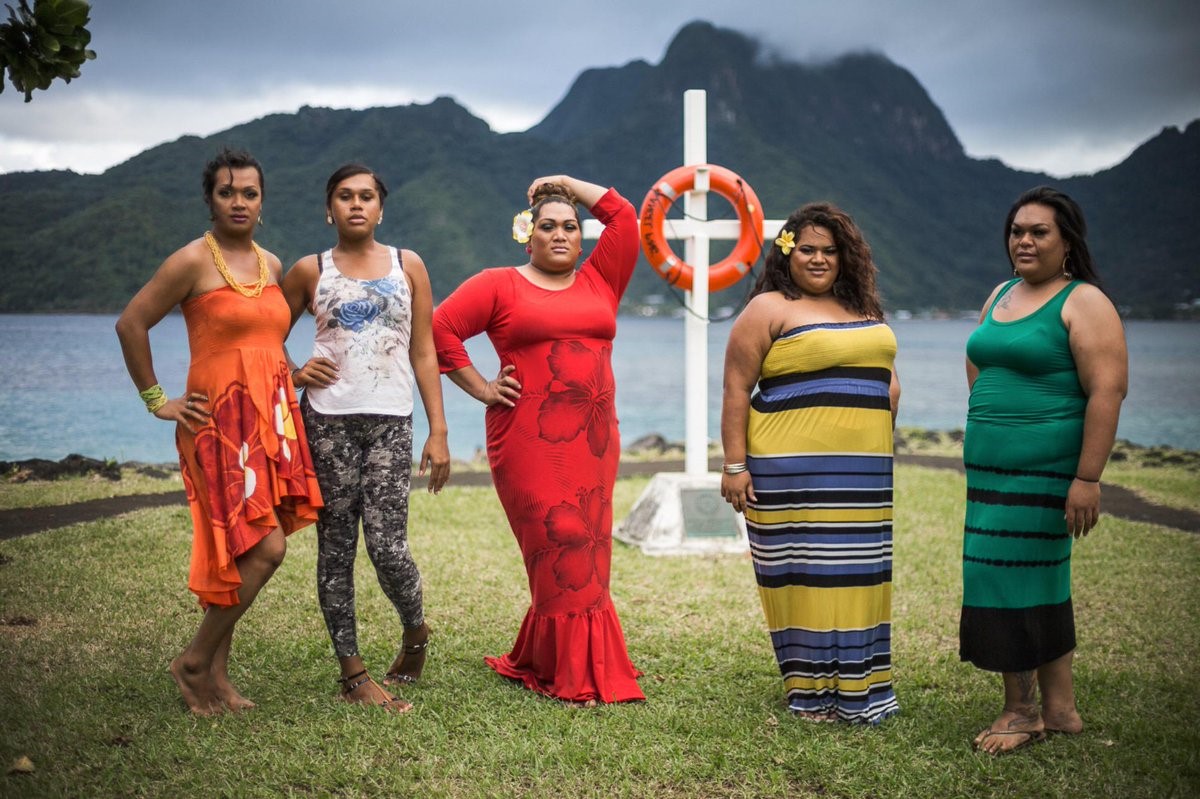The Four Genders In Samoa You Never Knew About

Did you know that Samoa recognizes four genders? In addition to male and female, there are fa'afafine and fa'afatama. Fa'afafine are people who are assigned male at birth but embody both masculine and feminine traits. Fa'afatama are those assigned female at birth but take on both masculine and feminine roles. These identities have been part of Samoan culture for centuries, showing a deep respect for diversity. Understanding these genders helps us appreciate the rich tapestry of human identity. Let's dive into the unique cultural significance and everyday lives of fa'afafine and fa'afatama in Samoa.
Understanding Gender in Samoa
Samoa, a beautiful island nation in the Pacific, has a unique cultural perspective on gender. Unlike many Western societies that recognize only two genders, Samoa acknowledges four distinct genders. This inclusive approach offers a fascinating glimpse into the diversity of human identity.
The Four Genders
1. Fa'afafine
Fa'afafine, meaning "in the manner of a woman," are individuals assigned male at birth who embody both masculine and feminine traits. They often take on roles traditionally associated with women, such as caregiving and domestic tasks. Fa'afafine are widely accepted and respected in Samoan society, playing crucial roles in family and community life.
2. Fa'atama
Fa'atama, translating to "in the manner of a man," are individuals assigned female at birth who adopt male roles and behaviors. They may engage in activities typically reserved for men, such as fishing or construction. Fa'atama are recognized and valued for their contributions, challenging traditional gender norms.
3. Tane
Tane refers to individuals who identify as male and were assigned male at birth. They typically conform to traditional male roles and responsibilities within Samoan culture. Tane are expected to be providers and protectors, embodying the societal ideals of masculinity.
4. Fafine
Fafine are individuals who identify as female and were assigned female at birth. They usually adhere to conventional female roles, such as nurturing and homemaking. Fafine are central to family life, often serving as the backbone of the household.
Cultural Significance
The recognition of these four genders in Samoa highlights the importance of inclusivity and respect for diverse identities. This cultural framework allows individuals to express themselves authentically, contributing to a more harmonious and accepting society.
Understanding Samoa's Unique Gender Roles
Samoa's gender roles offer a fascinating glimpse into a culture that embraces diversity. The Fa'afafine and Fa'afatama identities show how gender can be fluid and culturally specific. These roles are not just accepted but celebrated, providing valuable lessons in inclusivity. Learning about these identities helps us appreciate the rich tapestry of human experience. It challenges us to rethink our own perceptions of gender.
Traveling to Samoa or studying its culture can broaden your horizons. It can also deepen your understanding of how different societies function. This knowledge is not just academic; it has real-world implications for how we treat each other. Embracing these lessons can lead to a more inclusive and understanding world. Samoa's unique approach to gender is a reminder that there is no one-size-fits-all when it comes to identity.

